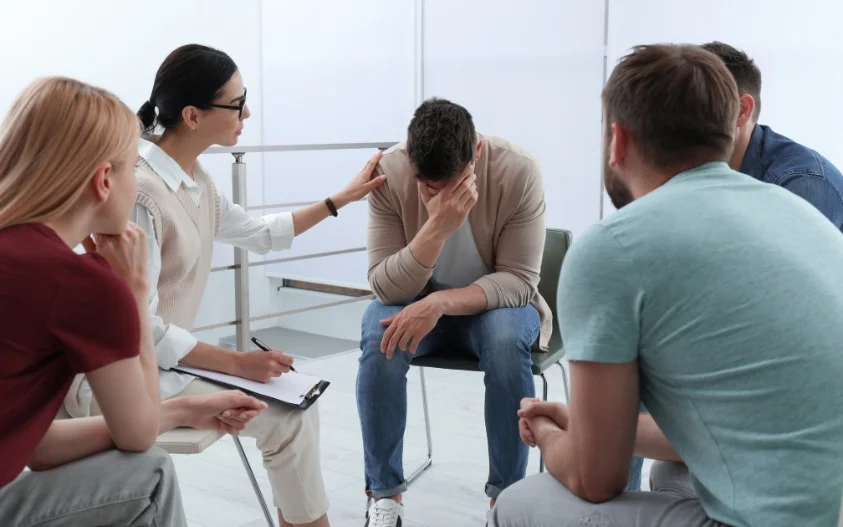24/7 Helpline:
(866) 899-221924/7 Helpline:
(866) 899-2219
Learn more about PTSD Treatment centers in Richland
PTSD Treatment in Other Cities

Other Insurance Options
Beacon

Evernorth

AllWell

Multiplan

Magellan Health

Providence

CareFirst

Optum

UnitedHealth Group

Molina Healthcare

Amerigroup

Group Health Incorporated

State Farm

WellCare Health Plans

Choice Care Network

Humana

BHS | Behavioral Health Systems

Premera

Health Partners

Coventry Health Care









First Step Community Counseling Services
First Step Community Counseling Services is a private rehab located in Kennewick, Washington. First ...

Action Counseling
Action Counseling is a private rehab located in Kennewick, WA. Action Counseling specializes in the ...

MERIT Resource Services
MERIT Resource Services provides quality outpatient alcohol drug counseling services. MERIT Resource...




































Advocates for Wellness
Advocates for Wellness is a private rehab located in Kennewick, Washington. Advocates for Wellness s...

Ideal Balance
Ideal Balance is a private rehab located in Kennewick, Washington. Ideal Balance specializes in the ...
















